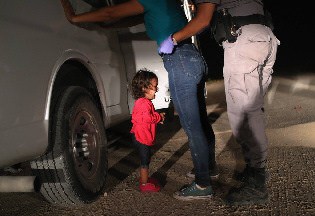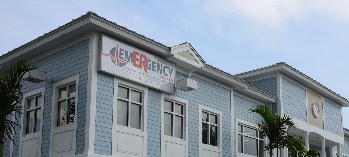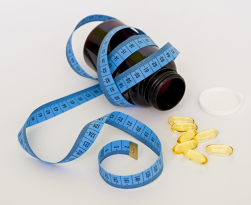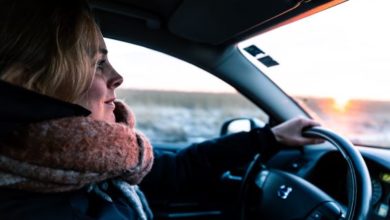7 Things To Consider Before Choosing The Top Medical Alert System
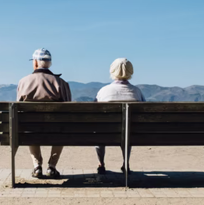
To safeguard their health and safety, seniors who live alone must take extra measures. Senior medical alert systems are a fantastic option for nursing homes and assisted living facilities for seniors who prefer to live independently and for family members concerned about their safety. Medical alarm systems provide protection, safety, and comfort at all times of the day, ranging from increased security to better peace of mind for loved ones. GPS tracking, automated fall detection, mobile applications, expert monitoring, and one-button access to emergency services are just a few of the features available on the top medical alert systems.
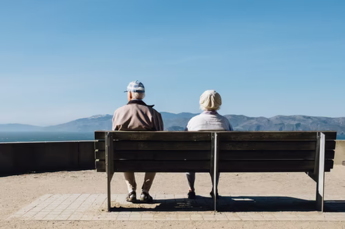
One of the most important advantages of medical alarm systems is assistance in the event of a medical emergency. Each year, one out of every three people over the age of 65 falls, according to the Centers for Disease Control and Prevention. Senior safety alarms allow you to alert for aid even if you can’t access a phone or talk after a fall or during other medical emergencies. You may also utilize the alarm to alert you if you observe unusual behavior in or near your home, providing you with additional protection and peace of mind.
Price
You may be able to buy or lease the equipment depending on the system. Find out how much all of the systems that fulfill your senior’s demands will cost upfront and every month. Inquire about costs for false alarms. Determine if you will be required to pay a penalty if the senior inadvertently presses the alarm button or utilizes it for any minor issue. Most private insurers will also refuse to cover the policies, but double-check.
Be careful to inquire about if you must sign a contract, whether there are cancellation costs, and whether you must pay for a minimum number of months. Choose the agreement that makes the most sense for you from a variety of contract alternatives provided by certain systems.
Monitoring Service
One of the most important things you need to consider is the company’s monitoring service. To ensure that you are obtaining the finest quality service for your family member, ask the firms a lot of specific questions about their services. It will be critical to know how quickly your senior will receive assistance in the case of an emergency. You should also be aware of the systems required for the gadget to function. If the system is connected to a cellular network, but your senior gets poor mobile coverage at home, this may not be the best option. Also, according to SFGate.com, it is important to determine whether the firm handles monitoring in-house or outsources the service. If you want and can manage it financially, look for a plan that offers all-day monitoring and servicing. These are a little more costly, but they are well worth the investment.
Mobility
Consider the mobility of the device. Depending on the place where your elderly one usually spends his or her time, you need to choose a proper device. If your senior does not leave the house alone often, a home-based unit, which is connected to either a line or a cellular connection, is a good option. In-home systems include a base station as well as a portable device with an emergency button, such as a necklace, bracelet, or belt clip. The base station is installed in a location in the house where it will remain indefinitely. For individuals without a landline connection, the base station may be connected to a phone socket or run on a cell phone signal.
If your senior is more active, you might want to try a GPS-enabled gadget, which allows them to call for help from anywhere and alerts emergency personnel to their precise position. If you’re thinking about getting a home-based unit, see if the base unit can be simply relocated to another residence, which can be quite helpful if your seniors go somewhere else to spend some time away from home. Also, if you choose to install this device at your home, be sure to make it cover the garden as well.
Automatic Fall Detection
Adults over 65 are more likely to be badly harmed when they slip or fall, according to the Centers for Disease Control. In a fall, older individuals may become unconscious or break limbs. Automatic fall detection can be critical in these risky scenarios. The cost of adding this function to most medical alert systems is approximately $10 per month. Fall detection is intended to ask for assistance quickly and automatically. The medical alert system’s monitoring center receives a call when the wearable (neck or wrist) fall button detects abrupt elevation changes. Even if your elderly one is unresponsive or unconscious, the finest medical alerts with fall detection can call for aid, reducing the time it takes to bring them care.
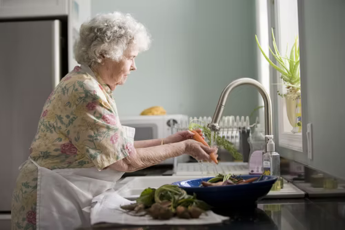
Emergency Buttons
Many medical alert companies provide emergency switches that use cellular or Bluetooth signals to interact with the main system. You may put a medical alert at the bottom of the stairs, in the bathroom, in the garden, or anywhere else in the house with one of these. They link to the rest of the system and allow you to request assistance from wherever the button is located. If your parents or elderly relatives reside in a multi-level house, at least one emergency button per floor is recommended to make monitoring easier and give you more peace of mind.
Who Should Be Notified?
Choose who should be alerted. You may or may not choose a system that incorporates monitoring services, depending on where you reside and how independent your elderly one is. Many systems are available that are linked to call centers, allowing emergency response teams to be deployed immediately to the senior’s house when the system is activated. These services are usually charged monthly. If you don’t believe your senior requires this level of monitoring, or if you have a large number of friends and family members who can check on him or her, you might want to consider a wearable device that calls a list of phone numbers, allowing your senior to call family members or friends and neighbors for assistance.
Additional Monitoring
Determine whether you need to keep track of your elderly one’s health and daily activities. If you want to keep track of your senior’s activities and vital signs, even if there isn’t an immediate emergency, you might want to consider an additional monitoring gadget. These solutions allow you to examine data on your computer or through a smartphone app, allowing you to see how much time your senior has spent sitting or laying down or doing some activity, as well as whether any vital signs are abnormal. This can help you immensely to see whether everything is going fine.
Medical alert systems surely give you peace of mind, whether you need them for yourself or for your parents, family members, or a friend you want to help. When looking for the best option, you need to consider some crucial things, so that you can determine which one best suits your needs. One thing is for sure: these devices provide a sense of security and independence which we all need to live a happier life.

